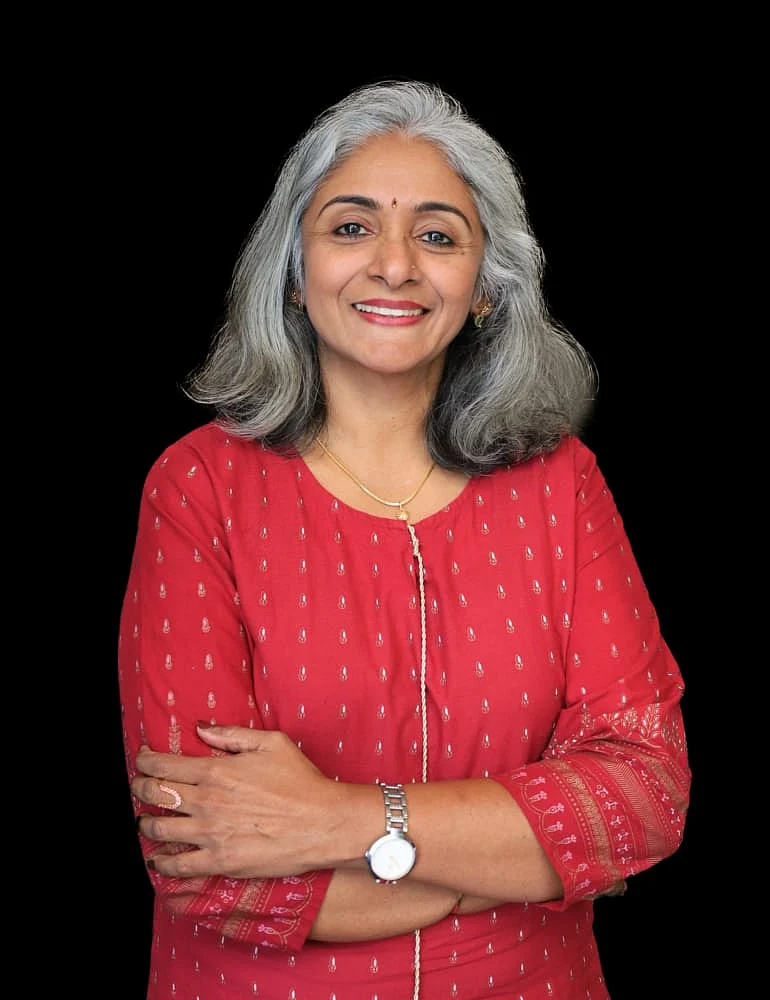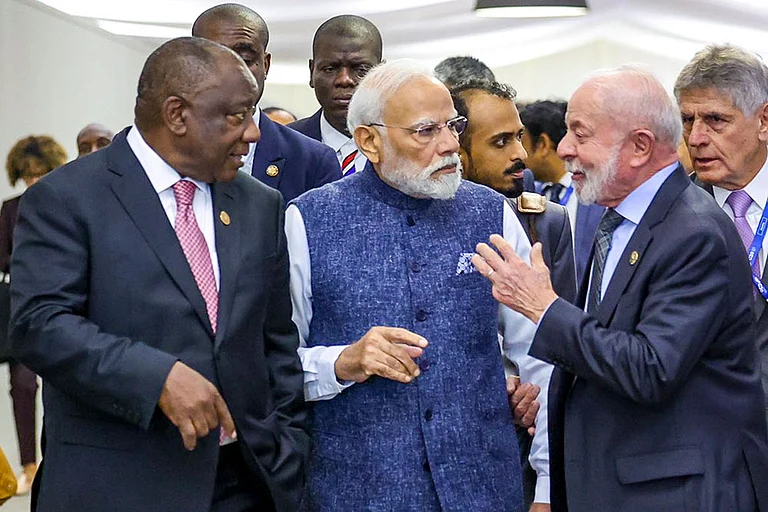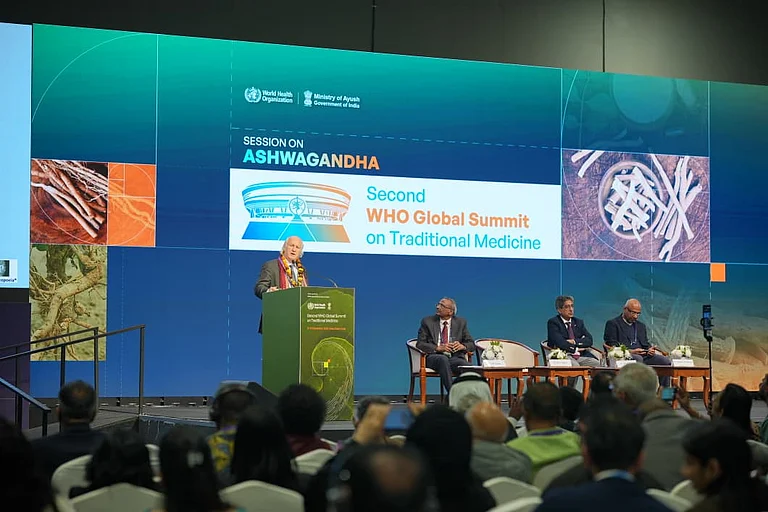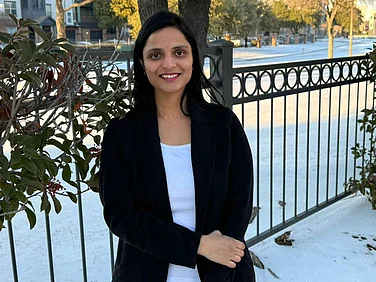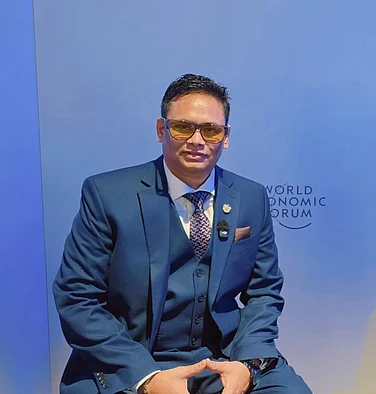Eduverse summit India 2024 was held on 30th and 31st August in Delhi, and was a key event in the global education landscape. Bringing together a diverse group of global leaders, educators, policymakers, and innovators, the summit saw participation from 1,350 dignitaries and attendees, nearly 150 speakers, and witnessed the support of over 20 nationalities and 100 institutions globally. The event also witnessed the presence of H.E. Stewart Wheeler, Acting High Commissioner for Canada in India, and industry leaders like Ved Mani Tiwari, CEO, National Skill Development Corporation, India, Neha Grover, Senior Director, Trade and Investment, Australian Trade and Investment Commission, and Jugnu Roy, Director of Engagement - East Asia & India, Education New Zealand, who shared insightful notes to the attendees.
We discussed the event in depth with Ms. Shobhana Jaya-Madhavan, Chief Impact Officer at MSM Unify.
What were the main themes and objectives of this year’s Summit?
Eduverse Summit 2024 revolved around several key themes, including innovation in international education, the rise of digital transformation, and the synergy between industry and academia. A special focus was placed on sustainability and inclusive education alongside strategies for overcoming regional disparities. Our primary objective was to facilitate open, forward-thinking discussions that led to the development of scalable solutions—solutions designed to drive long-term, impactful change across the global education sector, ensuring inclusivity and technological integration for a new generation of learners.
How does New Delhi's Summit differ from previous editions in terms of focus and content?
The New Delhi edition of Eduverse Summit 2024 strongly emphasized digital transformation, specifically integrating emerging technologies such as AI, VR, and blockchain in education. This Summit highlighted critical policy reforms, fostered tangible industry-academic partnerships, and prioritized discussions around sustainability and global collaboration. What set New Delhi apart was its focus on positioning education as a tool for building a more resilient and equitable global society, with an increased emphasis on leadership and the role of education in addressing pressing global challenges like climate change and social equity.
Can you highlight any particularly innovative or intriguing sessions that resulted in data-centric findings?
One of the standout sessions at the Eduverse Summit India 2024 was "AI and Big Data: Pioneering the Next Frontier in Educational Transformation," which featured key insights from leaders such as Amit Prabhu from Accenture and Ashish Jaiswar from the University of Reading. This session delved into how AI and big data can revolutionize education by enabling personalized learning and predictive analytics to support student outcomes better. The data-driven innovations discussed in this session highlight the potential for technology to make education smarter, more adaptive, and better suited to preparing learners for the future workforce
What were the new educational technologies or platforms being showcased at the event?
Eduverse Summit India 2024 was a hub for showcasing cutting-edge educational technologies. Among the highlights were AI-powered learning platforms that enable personalized learning pathways and big data-driven solutions designed to support international collaboration. Exhibitors such as MSM Unify and Q Academy presented innovative platforms that streamline student enrollment and financial aid. At the same time, HDFC Credila and University Living showcased tech solutions for student financial empowerment and accommodation. These platforms are at the forefront of driving the digital transformation in education, ensuring that institutions are equipped to meet the evolving needs of today’s learners.
What impact do you hope the Summit will have on the current educational landscape?
We envisioned the Eduverse Summit as a catalyst for transformative change in education. By fostering deep discussions and collaborations between educators, policymakers, and industry leaders, we aimed to inspire action toward creating more inclusive, tech-driven, and sustainable educational models. The long-term goal is for these insights and collaborations to translate into practical strategies that can be implemented across regions, ensuring that education systems worldwide are better equipped to prepare learners for a rapidly evolving global workforce.
What are some of the biggest challenges being faced by the education industry today, and how did the Summit address them?
Among the most pressing challenges in education are the issues of digital accessibility, the widening skills gap, and regional disparities in education quality. Eduverse Summit 2024 addressed these through panels that focused on technology as a tool for inclusion, curriculum alignment with industry demands, and policy reform. Experts shared strategies to harness technology to bridge educational divides and ensure that students across all regions have access to quality education, emphasizing the need for global cooperation to tackle these challenges at scale.
What are the long-term goals for the Eduverse Summit, and how do you plan to evolve the event in the coming years?
Eduverse’s long-term vision is to continue growing into a leading global platform for education leaders to drive continuous innovation, dialogue, and action. In the coming years, we plan to expand our Summit to new regions across Africa, South America, North America, and Asia, increasing participation from emerging economies and offering hybrid models to broaden access. Our focus will also be on integrating groundbreaking research in educational technology. Additionally, we aim to transform the Summit into a launchpad for actionable outcomes, with participants developing strategies that can be implemented within their regions, ensuring that the Summit’s impact resonates far beyond the event itself.






